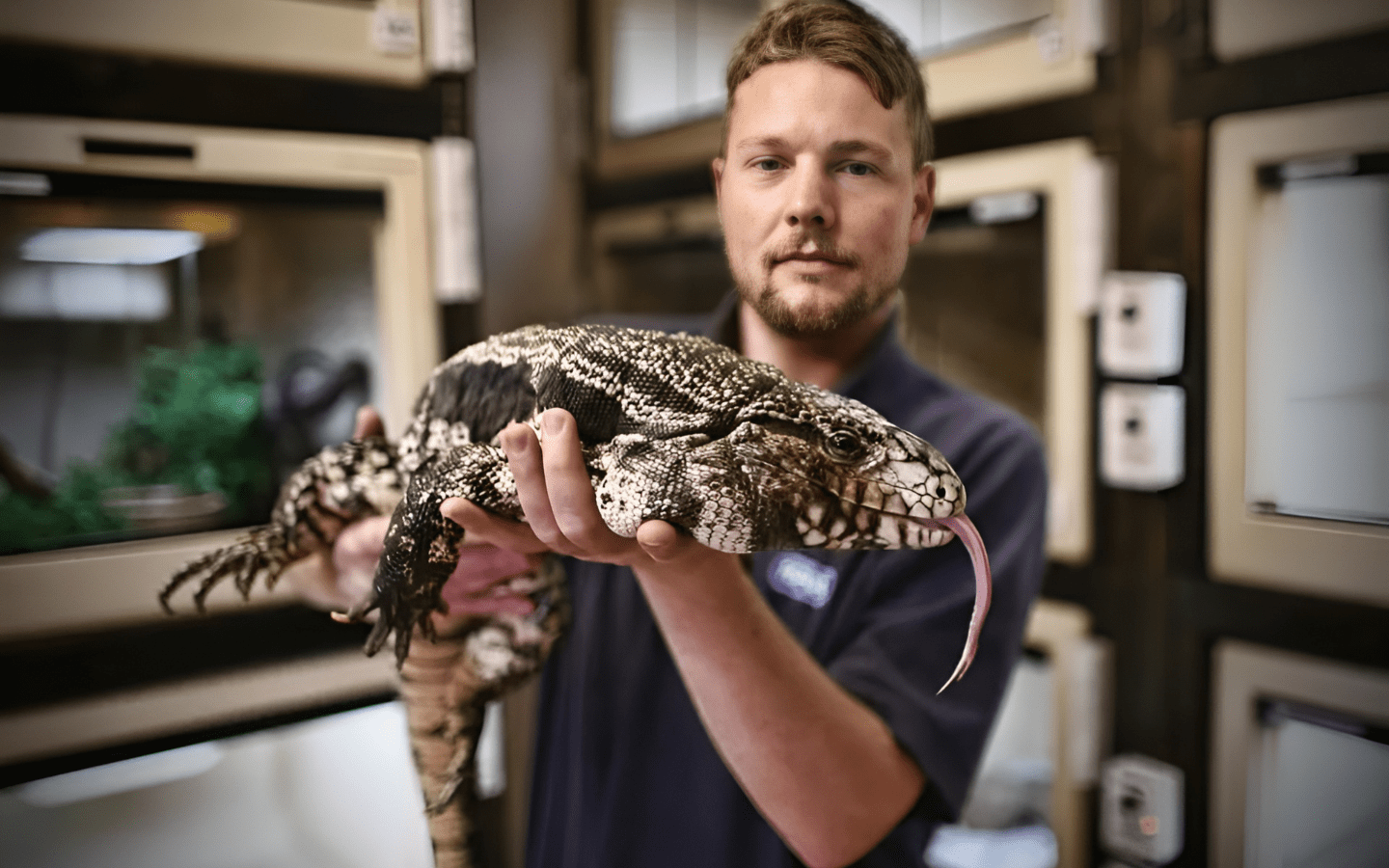In a state best known for evergreen forests, lofty snowcapped mountain peaks, abundant wildlife, and crystal-clear alpine lakes, the presence of a creature as unexpected as an alligator in Washington takes the phrase ‘extraordinary’ to phenomenal heights. Yet, much has been discussed lately about the Granite Falls alligator among residents and nature lovers alike. The story of its unexpected visitor, how it came to be in the small town of Granite Falls, Washington, and what that means to the local community and conservation of wildlife, is a fascinating one.
The Unlikely Arrival of the Alligator
Granite Falls is a city in Washington State’s Snohomish County, famous for its picturesque landscape and outdoor recreation. From hiking trails to waterfalls, it’s one place that caters to nature lovers. But its serenity was torn apart by an unusual sight: an alligator found in one of the rivers. What started off as a mere curiosity soon became a significant event for this area.
Early this summer, an alligator was spotted, both alarming and thrilling local residents. How did the animal, native to the swamps and wetlands of the southeastern United States, find its way to cold, temperate Washington? The answer partly lies within a mix of exotic pet ownership, illegal wildlife trade, and the complications that go along with animal relocation.
Preliminary investigations showed that it might be an exotic pet that had been set free either purposefully or by accident into the wild. Those owners who do keep exotic pets, including alligators, sometimes do not consider the difficulties that come with their care. When these pets grow out of their enclosures or become unmanageable, they are at times abandoned into unexpected appearances in the local environment.
Another option could be the illegal traffic of animals that sometimes leads to mammals being transported between places and then released on unfamiliar grounds. Alligators are hardy animals but are not fitted to Washington state’s cooler climate and other differing ecological factors.
Impact on Native Animals and Environment
An alligator kept outside its usual range raises a number of concerns, both for the animal and the local ecosystem. Alligators are apex predators with certain dietary and habitat needs. The introduction of an alligator into a new environment can cause disruptions in the local food chain and possible threat to native species.
In Granite Falls, the fact that the alligator was in the river raised question marks over its possible dangers against other life in water as well as on land. Alligators can survive in cooler weather conditions, even though they generally prefer warmer climates, which escalated the need to do something about it for a short duration of time.
Response and Rescue Attempts
The local authorities and wildlife rescue organizations mobilized in prompt fashion, hence responding to the incident. Wildlife experts were brought in to evaluate the health of the alligator for further consideration. Mainly, concern about safety within the community and also about the alligator itself was the issue at hand.
Alligator rescue teams were attempting to catch him by deploying traps, special equipment, and consulting state and federal agencies in charge of wildlife protection, in order to capture and relocate the alligator safely to an appropriate facility that can handle animals of such kind. For example, it could be relocated to a wildlife sanctuary or rehabilitation facility.
Lessons Learned and Moving Forward
The incident of the Granite Falls alligator underlined a set of critical lessons pertaining to wildlife management and owning exotic pets. It has pointed out the real dangers posed by keeping exotic animals as pets and what might happen whenever they are released into the wild.
It can be considerably averted if more campaigns on education regarding ownership and stricter government policies on owning such exotic pets are put in place. The public needs to be made aware of the responsibilities that arise with the care and maintenance of the animals and the legal implications when such animals are let loose into a non-native environment.
The Future of Exotic Pets and Wildlife Conservation
The Granite Falls alligator story is reinforcement of how humans relate to the wildlife sharing their spaces. It puts forward issues on responsible pet ownership and the use of effective means of conservation to ensure wildlife survival. With the increasing challenges that communities and wildlife organizations face in the management of exotic pets and wildlife, this has been an incident of problems opening up other related issues relative to habitat conservation and environmental management.
The visit of the alligator has served as an eye-opener for Granite Falls and the greater community of Washington state. It has brought in talk on wildlife safety, conservation effort, and a need for education to prevent such incidences in the future. The response of the town in addressing the arrival of the alligator shows its commitment to public safety and animal welfare.
Conclusion
The sudden appearance of the Granite Falls alligator in Washington state took many by storm and struck a chord of incredible poignancy about the complex connections between humans and wildlife. Though it may sound strange, the story of such an alligator touches on the issues of owning exotic pets, the conservation of wildlife, and continued vigilance and education.
Now, as normalcy returns to Granite Falls, the lessons learned from this extraordinary occurrence are likely to ripple well within the community and beyond. Accordingly, it ensures that the local ecosystem is indeed guardedwith the fauna with which we share this worldby facing up to the many various challenges exotic animals can pose and promote responsibility in these situations.







